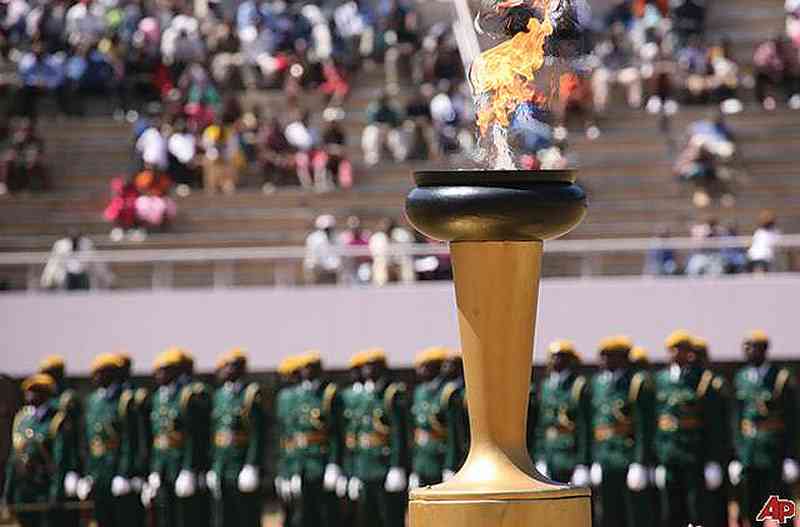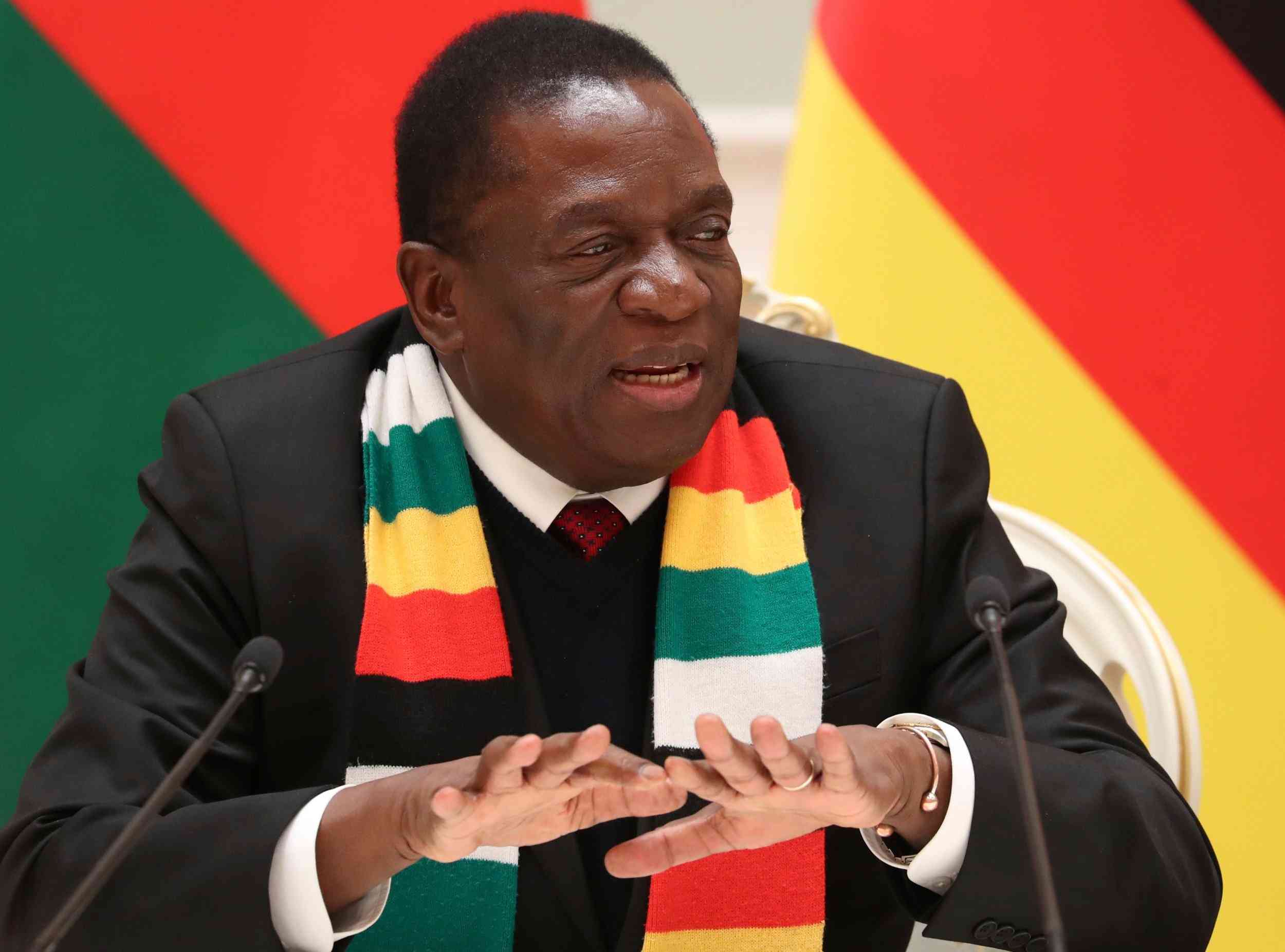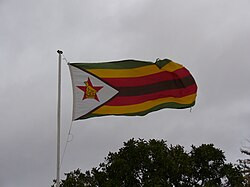
TODAY is April 18, a day that brings a lot of memories and unbounded joy.
This was the day indigenous Zimbabweans finally emancipated themselves after more than 100 years of colonial bondage. The day did not come on a silver platter though. It came about after more than a century of bloodshed as the indigenous people fought to free themselves from colonial rule that began in the 1880s when the British landed in the country under the guidance of Cecil John Rhodes, who at the time led the British South Africa Company, which was largely a colonial occupation force.
Contrary to contemporary dogma, the culmination of Zimbabwe’s independence on April 18, 1980 was not solely the result of the so-called Second Chimurenga, a guerrilla bush war wedged between 1966 and 1979, but was a very protracted insurrection that started in 1893 when King Lobengula Khumalo realised that the British had ulterior motives when they arrived in his territory under the guise of prospecting for minerals.
Despite Lobengula having been defeated in 1894 — the year he also died — the indigenous people again revolted two years later in 1896, starting with the famous Matebele rebellion which spread from present-day Matabeleland to Mashonaland region and lasted until 1898, that became known as the First Chimurenga.
The first people to die trying to bring the independence we celebrate today were Umlimo, the Matabele spirit medium who is credited for instigating the Matabele rebellion; the Shona spirit mediums Nehanda Nyakasikana and Kaguvi Gumboreshumba, who resided in Mashonaland region’s Mazowe and Goromonzi areas, respectively; and high priest Mukwati who was active across the northern region.
It is very critical that this history be revisited and graphically recalled this very day, today, because the liberation of this country from colonial oppression was a collaborative effort by a people, who decided to claim back what was rightfully theirs.
The people of Matabeleland revolted in March 1896 and people of Mashonaland followed suit three months later in June 1896. The Umlimo was shot in 1996, while Nehanda and Kaguvi were hanged in 1898 by the colonial powers. Only Mukwati was never captured. He later died somewhere in present-day Mutoko area.
In 1901 Chief Kadungure Mapondera led yet another rebellion from present-day Guruve and Mt Darwin areas in Mashonaland Central where national celebrations are being held today. Chief Mapondera was, however, captured in 1903 and died in jail in 1904 after embarking on a hunger strike.
- Total shutdown looms
- ED dithers on policy
- All set for Miss Chitungwiza 2022
- All set for Miss Chitungwiza 2022
Keep Reading
Then came the decisive Second Chimurenga whose most prominent figures were Joshua Mqabuko Nyongolo Nkomo and Robert Gabriel Mugabe who respectively led the Zimbabwe African People’s Union and the Zimbabwe African National Union. Despite these two — again hailing from Matabeleland and Mashonaland, respectively — having prominently featured in this war, many others from both Matabeleland and Mashonaland played a crucial role in bringing about the independence we commemorate annually on April 18.
It is, therefore, vital that we forever remember this journey that brought us where we are today, and we should never let anyone claim otherwise because this background is what should unite us as the people of Zimbabwe.
It is very unfortunate that today this history is being distorted, which is now dividing us as a people, yet the departed souls had one common agenda, which was to free this nation and its people.
As we celebrate this day we should be united and remove all impediments that seek to divide us for us to prosper as a people; otherwise those who lost their lives during the liberation struggle would have died in vein.











